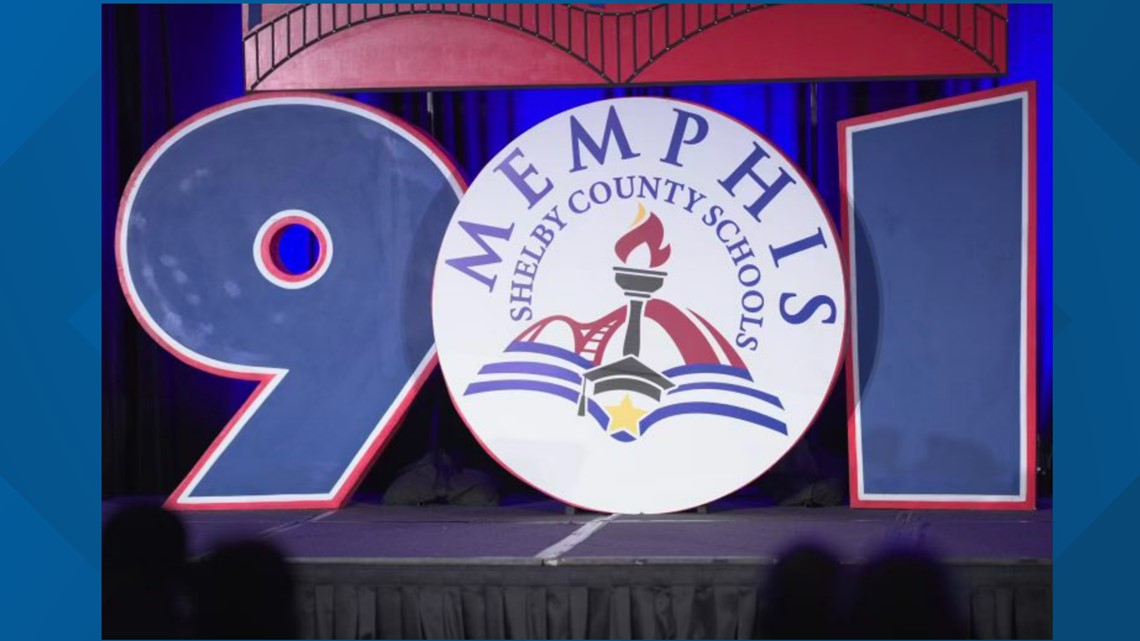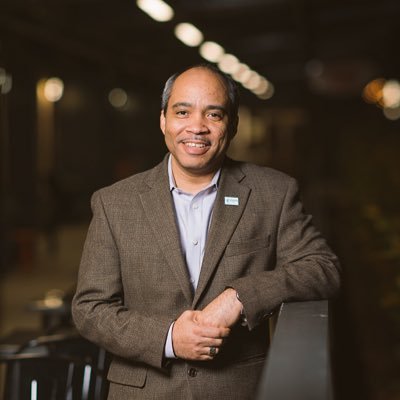By Cardell Orrin
Things I’ve been pondering…the school board-superintendent issue.
One thing that’s been on my mind is the timing challenge the challenge school board faces. Most of us not directly in education don’t think about this, but in K-12 education, everything runs on a strict academic, budget, and hiring calendar. It’s not just bureaucracy – it directly impacts students, teachers, and schools (planning, maintenance, renovation, construction).
Sooo, let’s consider:
The Budget Cycle – The district’s budget process starts in January-February. By April, there’s an initial presentation to the County Commission (usually the nice meeting from Commissioners). Then, the district refines the budget and engages the public (hopefully) to finalize everything by mid-June, in time for the County Commission’s July 1 deadline. This budget shapes everything from academic support to classroom resources to teacher pay.
Hiring and Planning – While budget work is happening, the district is also preparing for summer and hiring for the next school year. The hiring cycle peaks in spring, so decisions made too late can leave the district scrambling to fill critical positions with fewer options. On the other side, informing people too late of changes leaves them scrambling.
This is why the consideration of timing is critical as the board makes the superintendent decision. When I’ve heard people talk about due process, some suggest waiting 90 days, others say June/July, and some even propose August-December (depending on data).
Here are the timing considerations as I see them:
– At 90 days, you’re deep in the budget cycle. There’s still time to course-correct if necessary, but it’s tight.
– By June, the budget is done, the hiring window is closing, and big opportunities for planning or change have passed.
– Any later, and leadership is left with limited options and trying to patch things together with what they’ve got available.
We’ve seen the challenges of this timing before.
Last year, Dr. Feagins started in April (against good recommendations), halfway inheriting a budget started by the interim superintendent, while making the decision to come in and create her own budget. On top of that, she proposed some big swings and changes to district structures and staffing (in addition to the needed changes resulting from federal funding reductions). While some of these moves seemed bold and forward-thinking, the timing created additional challenges as the district tried to reconcile overlapping leadership, budgets, planning, priorities, and who was doing what with the impending summer and school year.
What does this mean?
There’s a lot riding on when and how the school board makes a decision. In the end, the board faces a tough decision: balancing fairness for Dr. Feagins with what some see as a pressing need for stability across the district. Every day impacts planning, resources, and, ultimately, outcomes for the people who should matter most – our students.
#EducationMatters #LeadershipMatters #TimingMatters
#IShouldProbablyStartAMediumOrSomething
*
Cardell Orrin is Tennessee executive director, Stand for Children, and an advocate and leader for education, equity, justice, and community change in Memphis/Shelby County.
**
Join me at the Smart City Memphis Facebook page and on Instagram where these blog posts are published along with occasional articles, reports, and commentaries that are relevant to Memphis.





Do other districts work on a multi-year budget, at least with some broad assumptions to be tweaked annually?